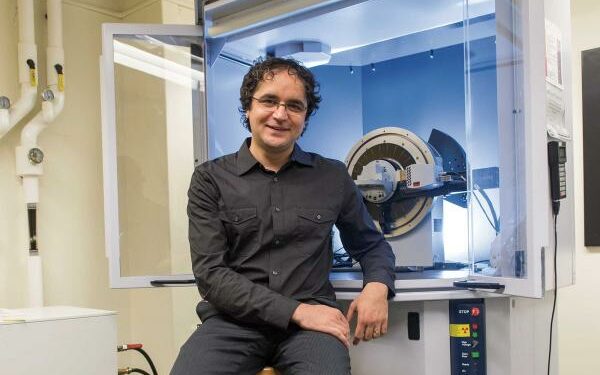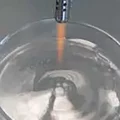An MIT research team has found a new class of materials for supercapacitors. The class is called metal-organic frameworks (MOFs).
The resultant supercapacitor made without carbon could store more power than the traditional version.
Supercapacitors performance depends on their surface area. MOFs are extremely porous, sponge-like structures. These materials have an extraordinarily large surface area for their size, almost three times more than the carbon materials have.
However, MOFs are not very electrically conductive, which is a long-term challenge for the team.
But the MOFs exhibit another needed characteristic for such electrodes, which is that they conduct ions very well.
Mircea Dincă, an MIT associate professor of chemistry said: “This is the first non-carbon, electrical double-layer supercapacitor.”
The new material also has the advantages of easy production, high performance and low loss.
Their production requires less harsh conditions than those needed for the carbon-based materials.
MOFs already match or exceed the performance of existing carbon-based versions in key parameters, such as their ability to withstand large numbers of charge/discharge cycles.
Tests showed the new devices lost less than 10% of their performance after 10,000 cycles, which is comparable to existing commercial supercapacitors.
Even though the materials used to make MOFs are more expensive than conventional carbon-based materials, its significant performances are worthy, said Dincă.












